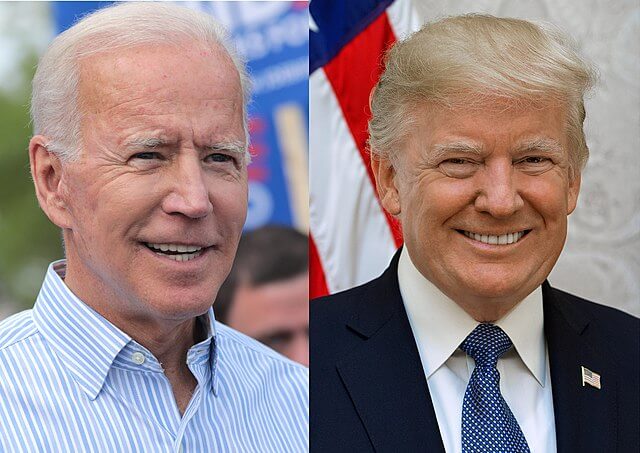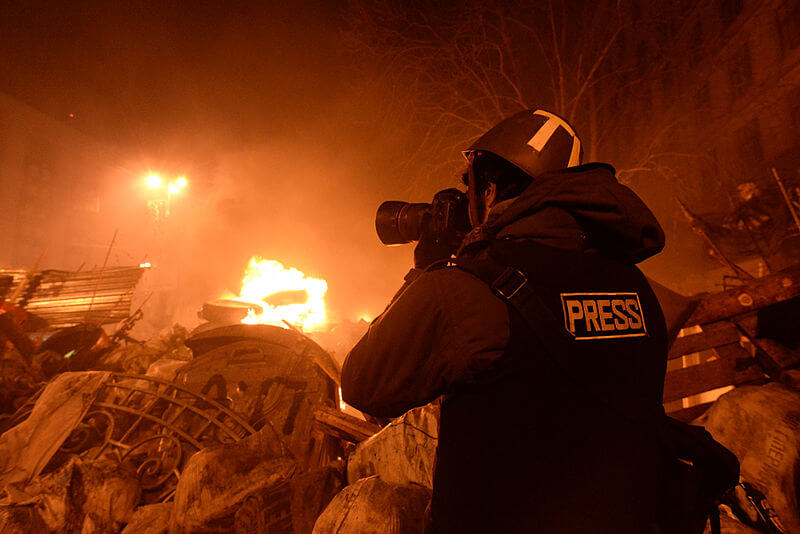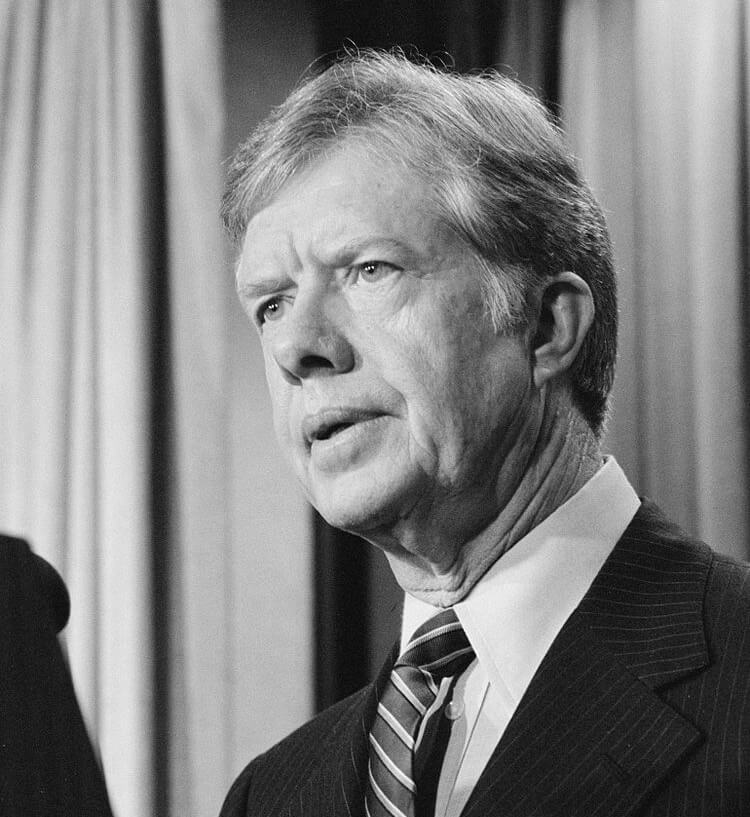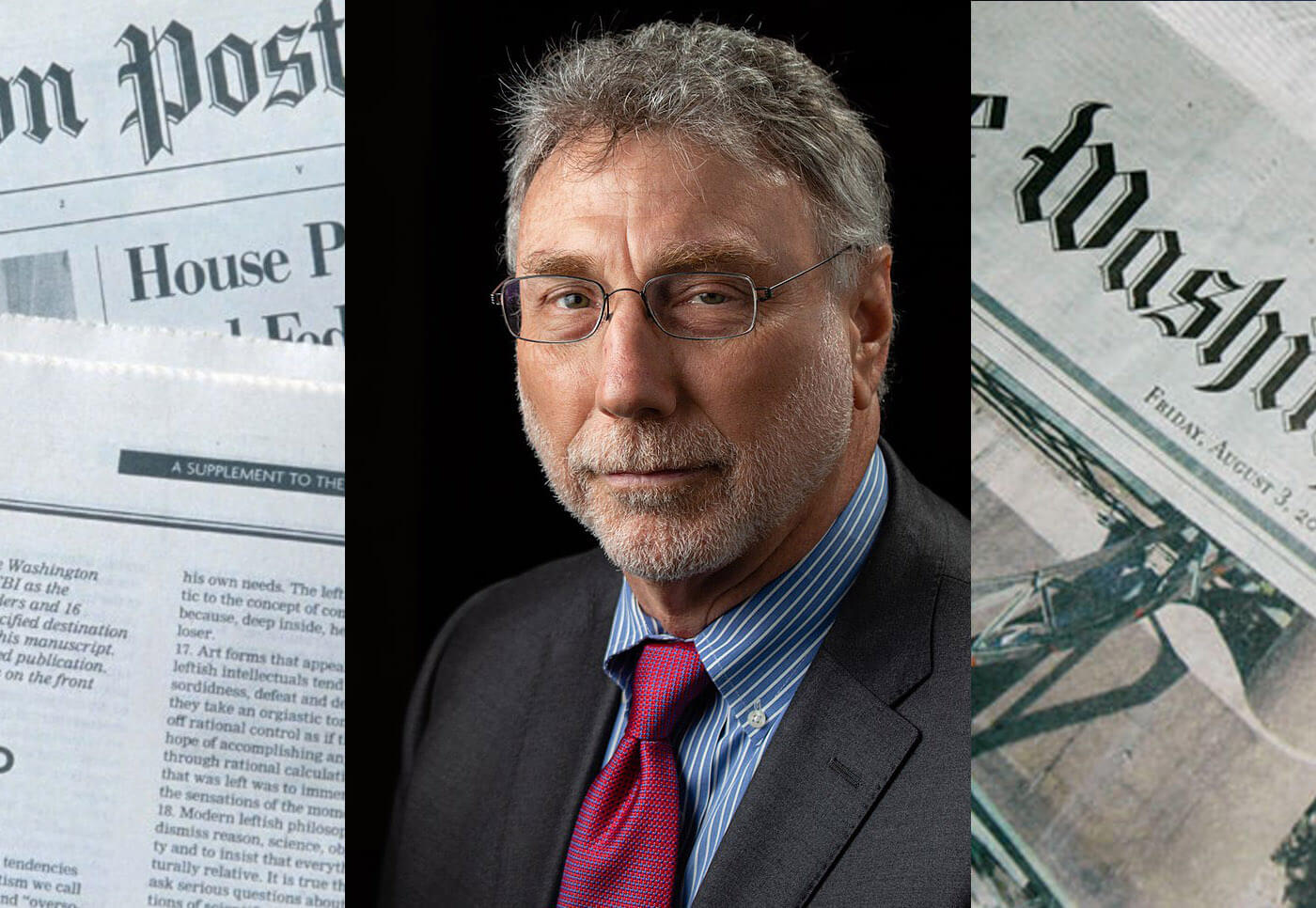A Western rural electric cooperative is shining a light on the utility industry’s future and how it will tackle climate change.
Tri-State Generation and Transmission Association, in Westminster, Colo., a wholesale power supplier to 42 member co-ops in four states, has filed a visionary Electric Resource Plan as required by Colorado law. It is a document that lifts the veil on the future for Tri-State and where the entire utility industry is going.
According to the plan, Tri-State will add two advances to its system:
—It will deploy 100-hour iron-air batteries to smooth the variability of wind and solar.
—It will build natural gas capacity, adding carbon capture and storage within three years of construction in 2028.
These two actions will bring to earth dreams and schemes pursued by the electricity industry for two decades. It is the dawning of a new environmentally driven age in electricity.
Iron-air technology recasts solar and wind generation, adding resilience and balancing their intermittency. Lithium-ion batteries used by utilities are limited in their drawdown time to two to four hours. It is hoped iron-air will go a long way toward stabilizing utility systems. Predictions are that it will be cheaper.
In the same way, carbon capture and storage has been a long-term goal. If it can be demonstrated to be mature enough to be added to a utility system, the nation’s abundant natural gas — favored by utilities — can remain part of the fuel mix.
Under the plan, Tri-State envisions closing coal facilities and switching to more renewables, including its continued advancement of solar, with plans for installing 240 megawatts of new solar, for a total of 920 megawatts of solar by 2031, and buying more wind power.
Tri-State says it is committed to emissions reductions, with modest, new natural gas resources to support reliability.
Some environmentalists oppose natural gas — to its production, transportation, domestic use and export. Without it, coal will be burned in the United States and abroad.
The anti-natural gas forces represent a challenge for the Biden administration as they would like to get the nation out of the gas business altogether.
Just before Christmas, Sunrise Movement invited me to join them in urging President Biden to veto a big Louisiana liquified natural gas (LNG) export project. The project, called CP2, would make the United States an even more fearsome player in the world LNG market. It would allow the nation to offset Russian gas dominance in many countries. It would also counter the power of gas exporters like Saudi Arabia, Qatar and the United Arab Emirates, increasing their gas exploration.
At some point, gas will flow from fields off Israel and Lebanon in the eastern Mediterranean.
It also may help countries switch from burning coal to natural gas, a far cleaner fuel.
Yet Sunrise, an association of young people promoting the Green New Deal, said,“It would poison communities and be a disaster for the climate: experts say that it is the equivalent of building 52 new coal-fired power plants.”
We have seen this kind of one-factor analysis from pressure-group environmentalists before.
Take the environmental communities’ universal and pathological opposition to nuclear power. It began in the late 1960s and accelerated until global warming began, slowly, to change minds.
Sixties environmentalists, who had a determination to destroy the nuclear fuel option, favored coal. Now that coal has been identified as a climate change culprit, the alternatives are wind and solar.
Natural gas — which, according to the Energy Information Administration, emits slightly less than half the pollutants of coal for a kilowatt-hour of electricity production — is in the environmentalists’ sights.
Unfortunately, the rigidity of their approach doesn’t allow for the huge changes that are taking place in the electric utility industry, as seen at Tri-State with its commitment to renewables, emissions reductions and a resilient system.










